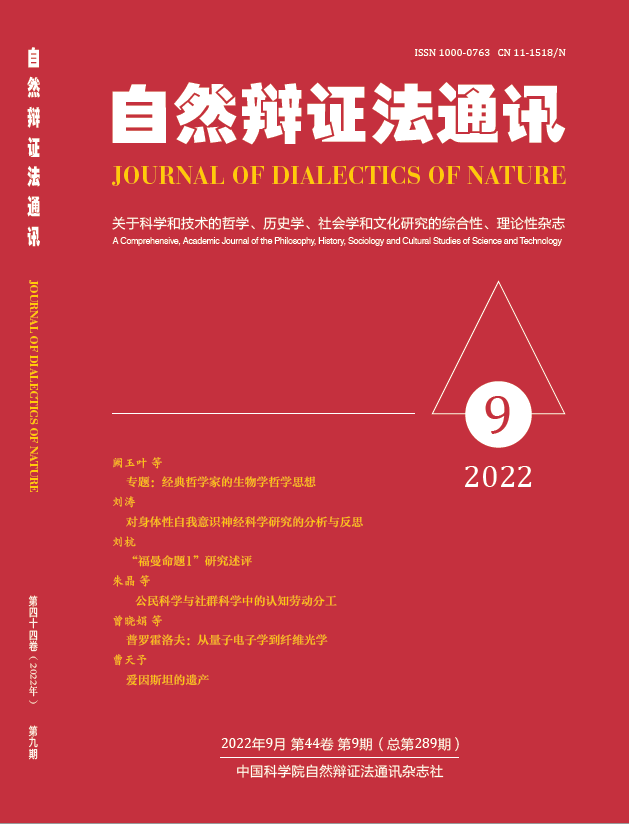

Abstract:
Over the past ten years, citizen science and community science have become increasingly popular
in global scientific research as new ways of mobilizing laypersons to participate in science so as to improve public understanding of science. While community science is thought to be able to achieve the dual goals of improving scientific literacy and creating new knowledge, citizen science is believed to be faced with challenges in achieving each of these goals. These challenges do not only relate with the forms of organization of these two kinds of participatory research; understanding the origin of these problems also requires an analysis from an epistemic perspective. Using the conceptual framework of the division of cognitive labor, this article analyzes the division of cognitive labor in citizen science and community science. It argues that community science achieves its dual goals by acknowledging the epistemic value of participants’ local knowledge and stimulating the interaction between community members’ unique epistemic resources and scientists’ expertise. During the process of making epistemic contributions, participants also benefit epistemically and have a better understanding of science; scientists’ expertise and skills provide epistemic standards and norms for the new scientific discoveries made by communities. In future citizen science projects, designers should seriously consider how to use and acknowledge the epistemic value of participants’ tacit knowledge.
Key Words:
Citizen science; Community science; Division of cognitive labor; Social epistemology; Local
knowledge
- Contact Us
- Address: No.19A Yuquan Road, Beijing, 100049, China
- Phone: +86-10-88256007
- Email:jdn@ucas.ac.cn




